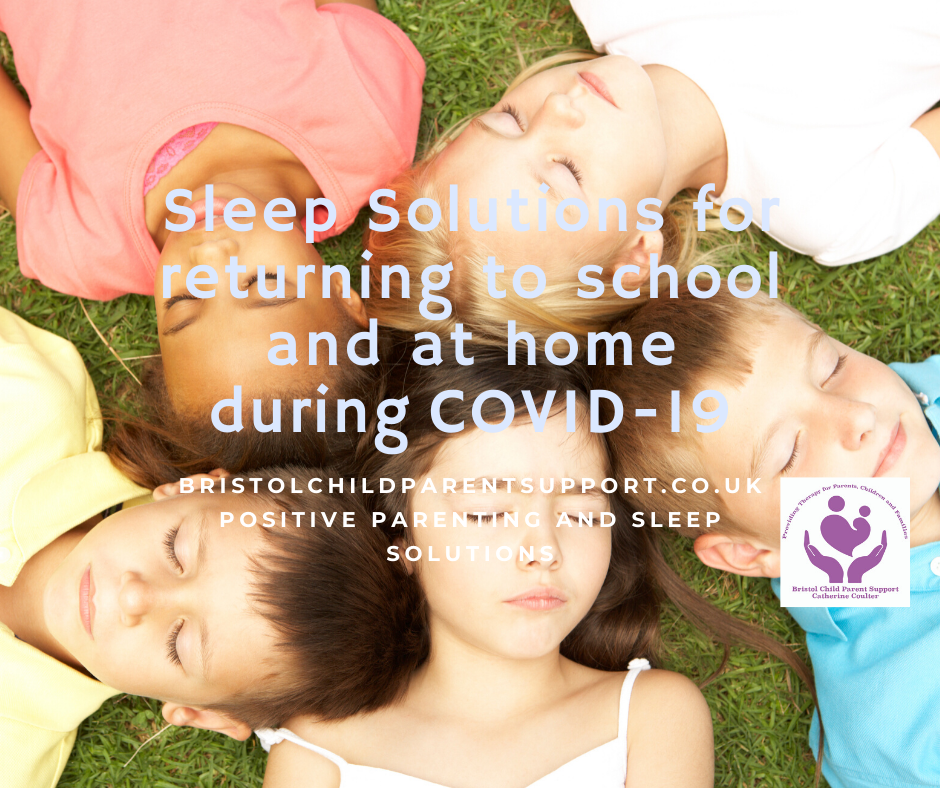** Updated**Parenting during the pandemic presented us all with many challenges. Talking to many parents, sleep has been one of them. Screen time increased, and bedtimes seemed to have been getting later. Does this sound like your family? Be reassured that you are not the only one! Don’t procrastinate; If you start now, you can make changes to help your child as they return to school. Here are my tips for creating and understanding why sleep is equally important to diet and exercise.
Why is Sleep so Important?
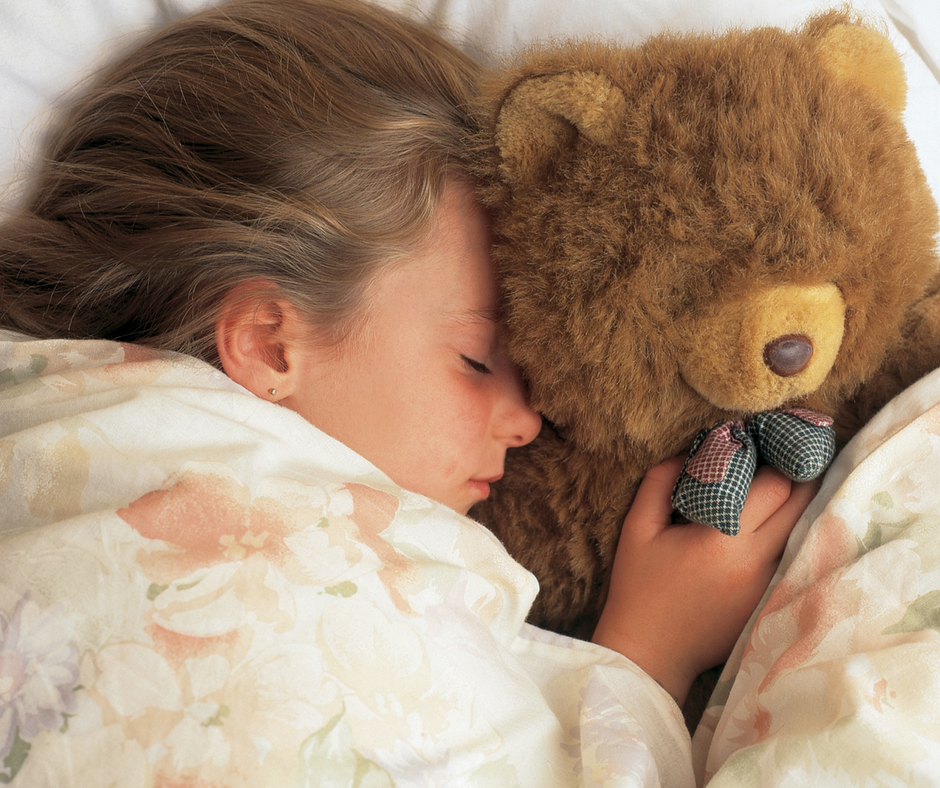
Sleep is essential to all of us. The impact of sleep deprivation is:
- Cognitive and behavioural difficulties due to greater emotionality, such as tantrums and clinginess. Aggression and lack of social interaction.
- Impaired ability to retain new memories
- Increased afternoon and evening cortisol (stress hormone) levels
- Increased feelings of hunger can lead to overeating.
- Lack of growth, Growth hormone is secreted during sleep.
- Long-term attentional ( unable to concentrate) and cognitive difficulties. Early sleep difficulties are associated with concurrent attentional, emotional, and behavioural problems ( Bruni et al., 2000; Hvolby, Jorgensen, & Bilenberg, 2008; Lavigne et al., 1999; Minde, Faucon & Falkner, 1994) and predict the onset of such problems in later childhood and adolescence, even after controlling for the stability of sleep disturbance and demographics.)
What signs to look for if your child is sleep deprived?
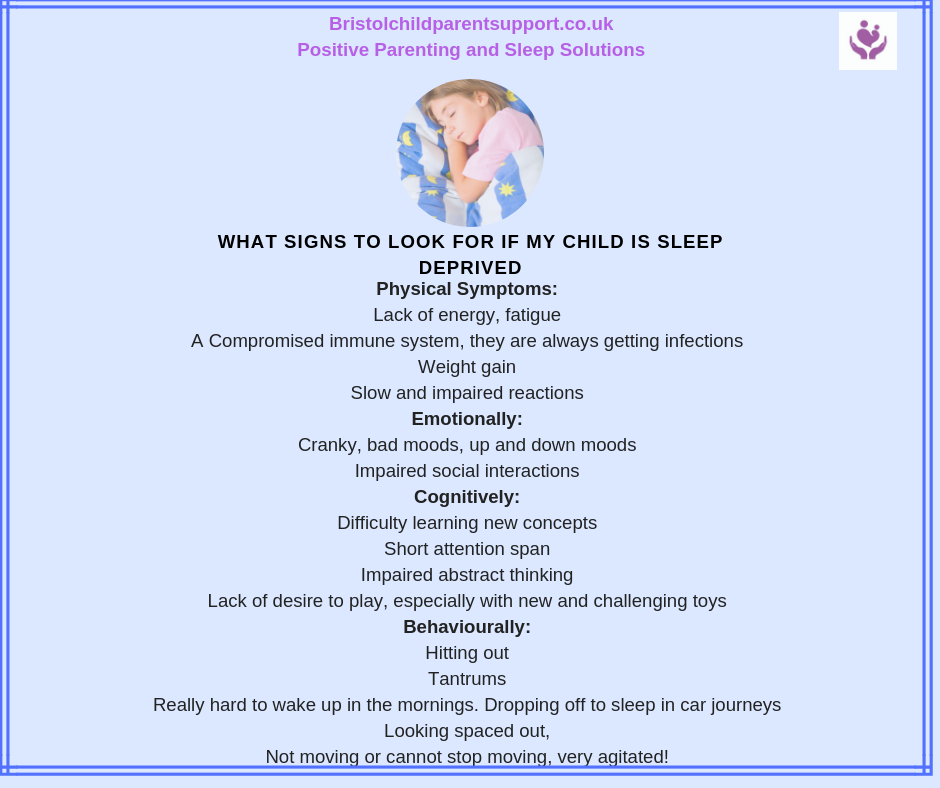
The Research during COVID-19.
This month, the Journal of Child Psychology and Psychiatry published a paper that suggests the high potential for sleep problems to emerge or worsen during and after the pandemic. (Ref: Sleep Council)
The Impact on Sleep.
The survey found that as many as 70% of children under 16 go to bed later – but are also waking later (57%) – showing a significant drift in bedtime schedules. This represents a clear risk with a noticeable knock-on effect when schools re-open. In addition, The survey also reveals that a third of children are sleeping longer than usual, indicating that it will be harder to transition back to previous sleep routines once they return to school.
Causes During the Pandemic.
There may be many causes, from trying to adapt to working from home and teaching your children. Children are separated from friends, school and other family members. The majority of children are working online. Children are becoming more reliant on technology, with nearly three-quarters (74%) of parents reporting that their children use electronic devices (TVs, tablets, gaming machines, and phones) significantly more during the coronavirus lockdown.
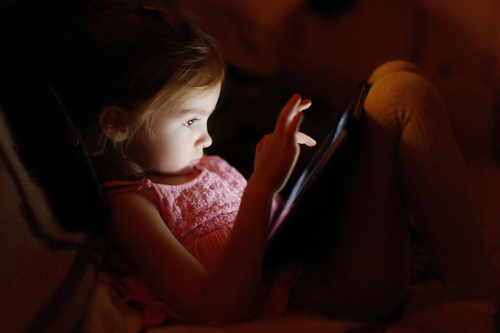
In addition, it also cites parental and family stressors such as job loss and increased parental conflict. It’s hard to find immediate solutions for these issues.
Why Does Screen Time Affect our Sleep cycle?
There are two systems; a 24-hour cycle called the circadian rhythm and the Homeostatic sleep drive. They work together.
Homeostatic Sleep Drive
Although it has a complicated name, it is easy to understand. The longer you stay awake, the sleepier you are. Sleep drive essentially is your likelihood of falling asleep at a given time. Interestingly, this phenomenon is caused by the gradual accumulation of a neurotransmitter called adenosine during the day ( caffeine affects decreases uptake, and makes you less sleepy, so drink coffee in the morning)
- Melatonin is the hormone that regulates sleep. Melatonin production depends on light.
- Exposing eyes to light during the day, especially in the morning, increases melatonin at night and helps us feel sleepy.
High exposure to blue light from screens affects melatonin uptake. Exposing eyes to light from screens in the evening decreases melatonin, meaning we feel less sleepy.
Sleep Solutions.
Don’t Procrastinate– Don’t wait until the night before your little one is supposed to start school to try and adjust her sleep schedule. A child’s body won’t automatically jump to a new program; her body needs time to change. If you try to make this transition a sprint, you will likely have an exhausted and cranky child for the first week, which won’t be fun for either of you.
Adjust their bedtimes now!
It can take time to readjust bedtimes and find sleep solutions. It may be helpful to take back the rest 15 minutes and wake them earlier. So if your child falls asleep around 9:00 pm and you need bedtime to 7:30 pm for the school return, it will take 12-15 days. The image below shows how much sleep ( although this is based on research measuring how long you are in bed and not necessarily asleep). Start now so that they can readjust slowly.
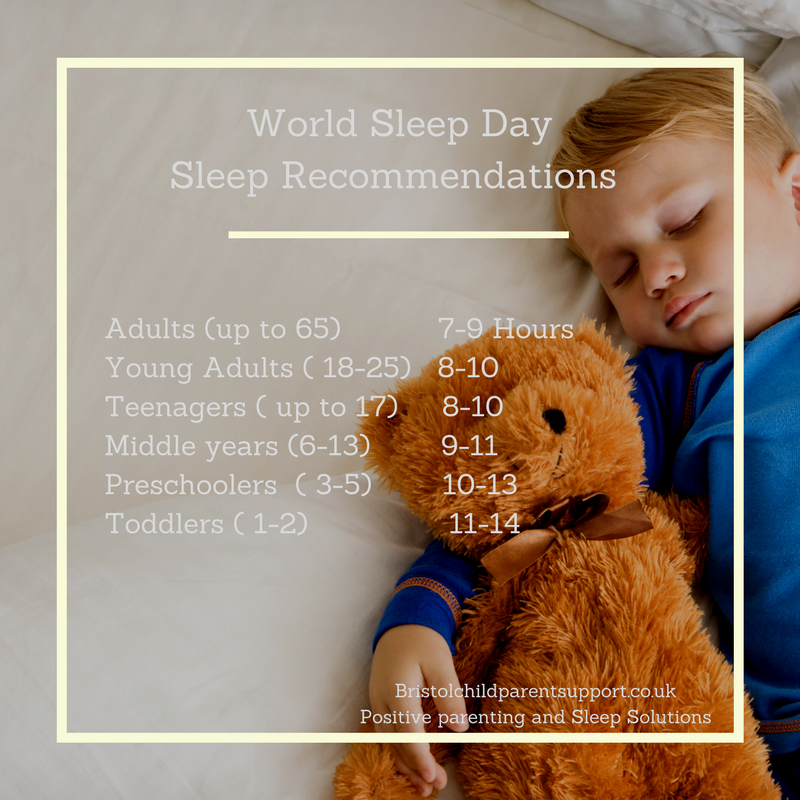
Morning Time– It is recommended that school-age children get about 10-12 hours of sleep each night and adolescents about 8-10 hours. As you slowly move bedtime earlier during this transition, you might need to start moving wake-up time early so your child is not sleeping too late, making the earlier rest harder on both of you. To help them wake up.
- Have breakfast outside. Get out in the morning sunlight rather than the evening light.
- Allow the sun to come through their blinds!
- Ensure no screen time for at least an hour before bed.

- Keep activities quiet for at least 1-2 hours before bedtime.
- Try to keep schoolwork out of the bedroom. Ideally, use bedrooms just for sleeping or clearly distinguish between daytime and night‐time bed use (e.g. by changing a cover, sleep pillows versus wake pillows).
- Ensure filters on phones, tablets, and computers
- Most night lights emit blue light, changing to glow on the Amber Spectrum.
Eat Foods that will help them sleep just before bedtime.
Check out my video below; remember to avoid highly processed foods, caffeine drinks and lots of sugar. It will keep them awake.
Be Consistent
A bedtime routine should be simple and only take 40 minutes tops.
- Bed
- Bath
- Story ( a book or make-one-up)
- Cuddles
Use a problem-solving approach to work it out together.
Have a meeting with your child and let him know bedtime will change. Let them be a part of the process. This will be easy if you are already implementing Family Meetings. Make a bedtime routine chart and set a reward for cooperative behaviour. As I am not keen on monetary rewards, here are several alternative ideas:
- Have more Special time
- Make a cake or food together
- Play football or some sport
- Play cards
- Picnic in the park
- A day off from Chores
Remember the Weekend is Not for Catching Up– Use your new consistent sleep routine during the week to allow your child to get the sleep he needs instead of trying to make up for lost sleep over the weekend. That way, you can enjoy your weekend adventures as a family.
How to Manage Transition Anxiety.
Returning to school with a new routine and social distancing will be strange. Children who suffer from anxiety ( GAD, Social or Separation) or struggle with transitions start to experience anticipation anxiety regarding school. It’s unhelpful to avoid it, develop a” we can do it “approach, and ask:
- I wonder if, or maybe you might be worried about starting school
- How can I help you? Would it help to…….
- I understand you might be feeling…..and you must go to school. I want to help you with this.
Many schools, I am sure, will operate excellent graded transition plans. Children who are anxious or have special needs may need extra help with the transition. Here are some general ideas to have in place ( I will write more on this soon):
- Start early; you can never begin preparing for a transition too soon; you could do a dry run of going to the school before you start.
- Anticipate possible trouble spots ( your child may suffer from separation anxiety) and plan what to do if problems occur. You could ask for a picture of the classroom. If your child’s teacher is changing, show a new image of the new teacher or even arrange to meet them before starting.
**Remember, reassurance does not effectively manage anxiety; mastering the feelings, having a plan, and coping skills do.**
I hope this helps everyone. If you would like a Zoom Sleep Workshop for your staff or are a parent needing further support, contact me for a consultation. Stay safe and well, with love and gratitude, Catherine.


